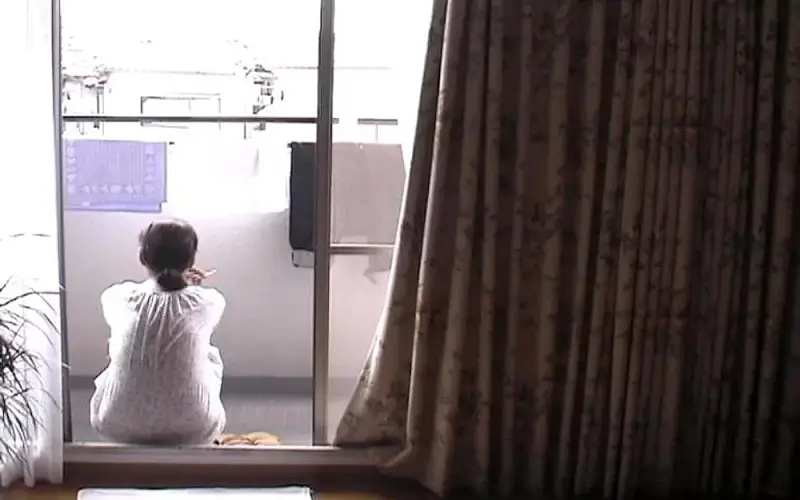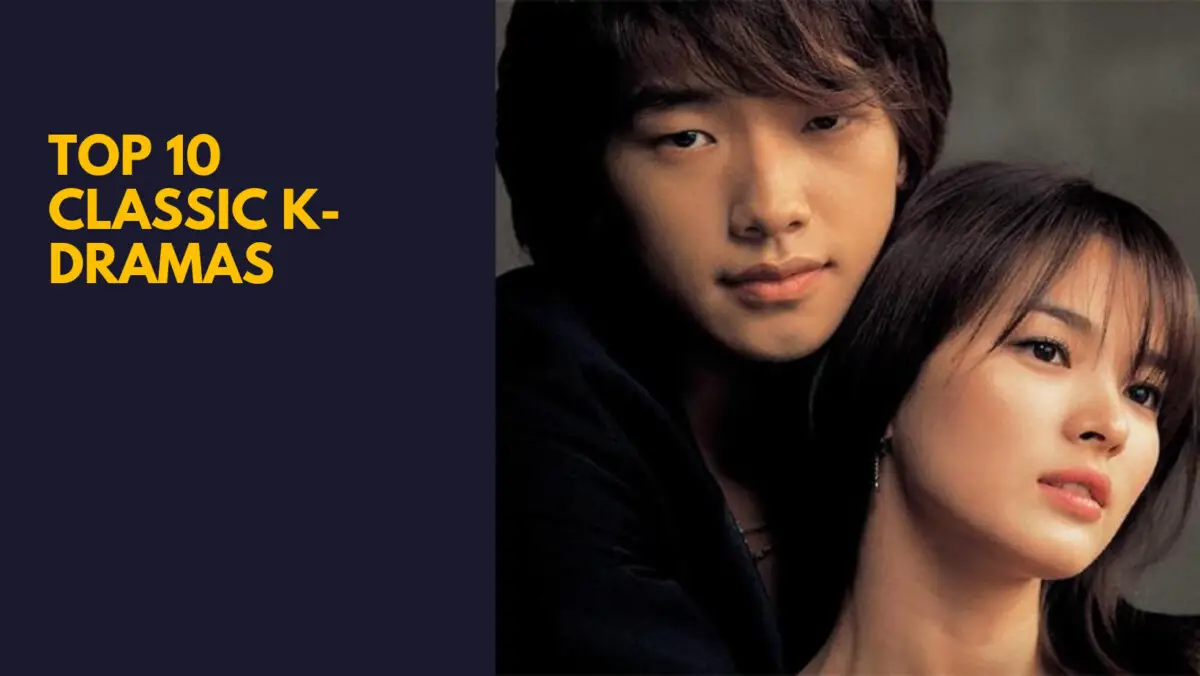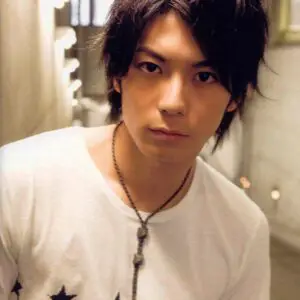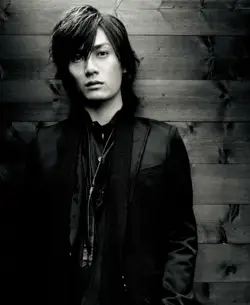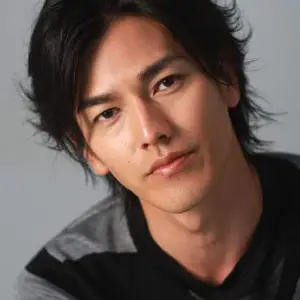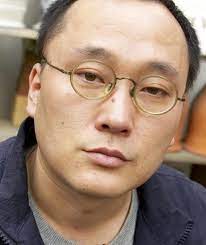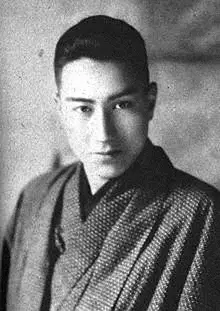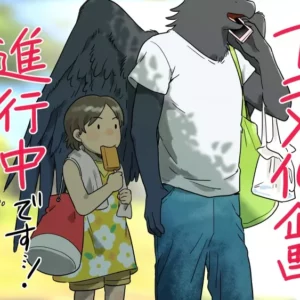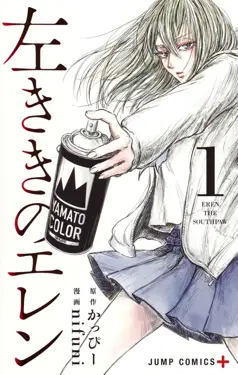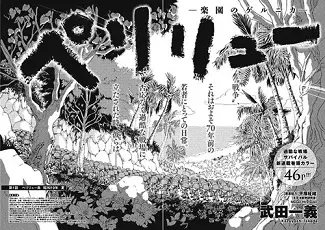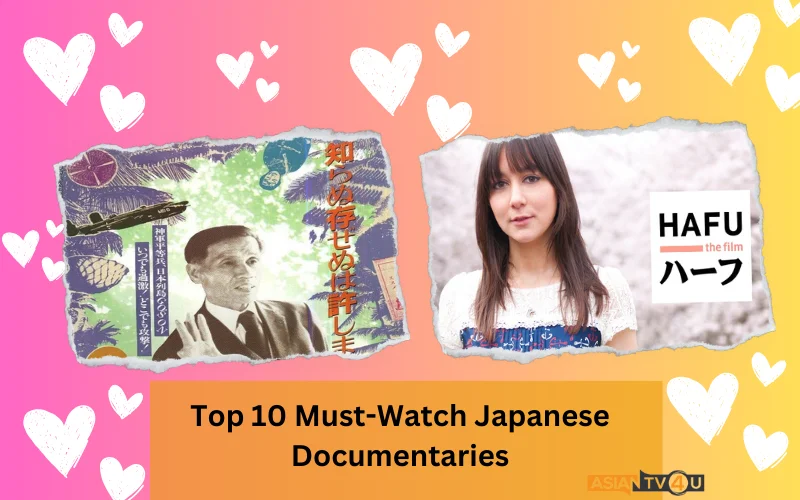
If you are bored with all the dramas and movies, or you want to binge on something different, you can opt for documentaries. Documentaries are a film or series with few episodes based on actual events and facts. Japanese documentaries are one of a kind. There are many internationally acclaimed Japanese documentaries. They give us an insight of the rich Japanese culture. Japan produces documentaries in different genres, be it the traditional Japan or the food culture, or the pop culture they have it all. Here is the compilation of the top 10 must-watch Japanese documentaries you should not miss.
1. Tokyo Olympiad (1964)
Tokyo Olympiad is a critically acclaimed sports documentary directed by Kon Ichikawa. As the titles suggest, this documentary is on the Tokyo Olympics held in 1964. As any global event is vital for the hosting country government, the Tokyo Olympics was an important event for the Japanese government. The documentary was an artistic recording of different events in the Olympics. This 169-minute-long documentary was released on March 20, 1964, in Japan. It gives a deep insight into the verious events held in the Olympics.
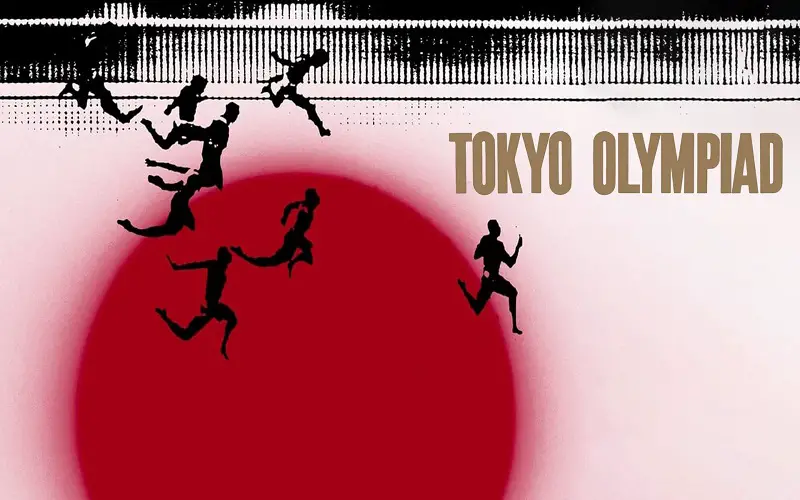
2. Hafu
Hafu is a Japanese documentary released on April 5, 2013, directed by Megumi Nishikura and Lara Perez Takagi. The term Hafu comes from the English word half. This documentary shows the struggles of half-Japanese people. The documentary follows the life of five half-Japanese people as their battle to connect with the Japanese culture and find themselves discriminated against by the ethnic Japanese. The documentary has their interviews and cinematic footage of their personal experiences of their mixed ethnicity.

3. The Emperor’s Naked Army Marches On
The Emperor’s Naked Army Marches On is a Japanese documentary directed by Kazuo Hara and released on 1 August 1987. This documentary tells the story of Kenzo Okuzaki, a veteran of Japan’s campaign in New Guinea in the Second World War. He was investigating the cause of the deaths of his two soldiers in his old unit. This documentary has won many awards, including the Berlin International Flim Festival in 1987, the Blue Ribbon Awards in 1988, the Kinema Junpo Awards in 1988, and many more.
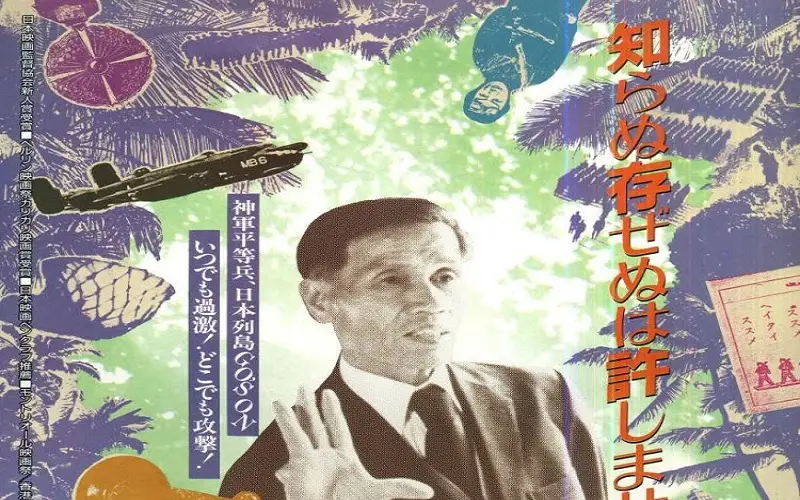
4. A.K.A Serial Killer
A.K.A Serial Killer is a Japanese crime documentary directed by Masao Adachi. The documentary was released on January 31, 1975, in Japan. This documentary is based on the life of the serial killer Norio Nagayama. He killed four people in four different cities by using the same handgun. The documentary captures his life and living conditions with visual representation. He had a rough upbringing as he was the seventh child of his family, and his father was an irresponsible man. He had also witnessed the sexual assault of his older sister. He had killed two guardsmen by stealing a handgun. Later, he also shot two taxi drivers and stole their money.
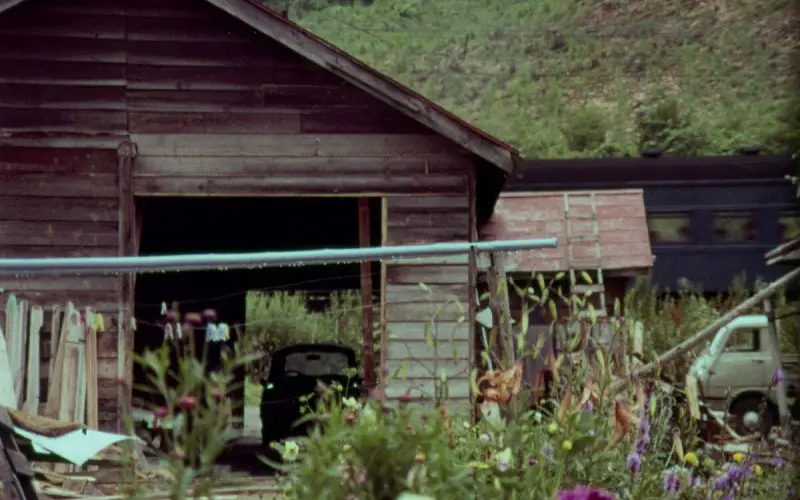
5. The Cherry Tree With Gray Blossoms
The Cherry Tree with Gray Blossoms is a Japanese documentary film directed by Sumiko Haneda, who is also the film’s screenwriter. It was released in 1977. The main topic of the documentary is a cherry tree, which is said to be 1400 years old. The documentary progresses as the director explores and narrates the story of the families and environment around the tree. The duration of the documentary film is 42 minutes, so it is a must-watch on the list.
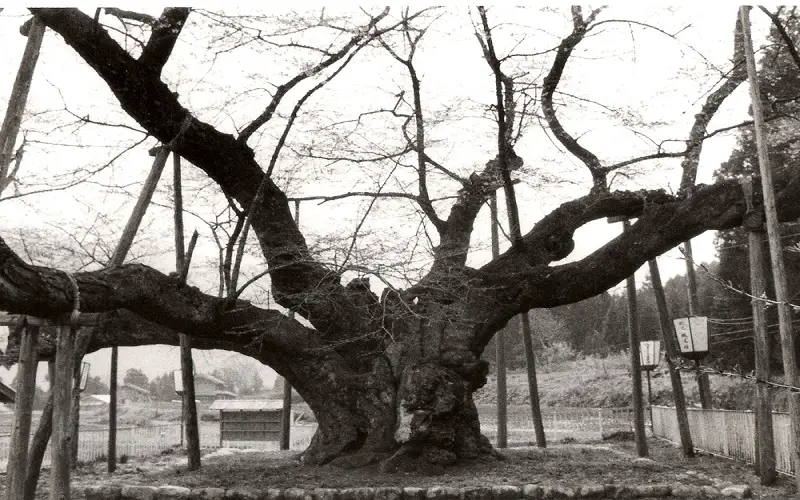
6. A Japanese Village
A Japanese Village is a Japanese documentary released in 1984 and directed by Shinsuke Ogawa. The film’s story is about a village in the middle of the mountains in Yagamata prefecture, as the villagers were dealing with the aftermath of the warfare and struggling to live as their children moved to cities for a better life. Ogawa and his crew started to live in the village with the villagers to learn more about their living conditions and to learn more about their agricultural and political issues.
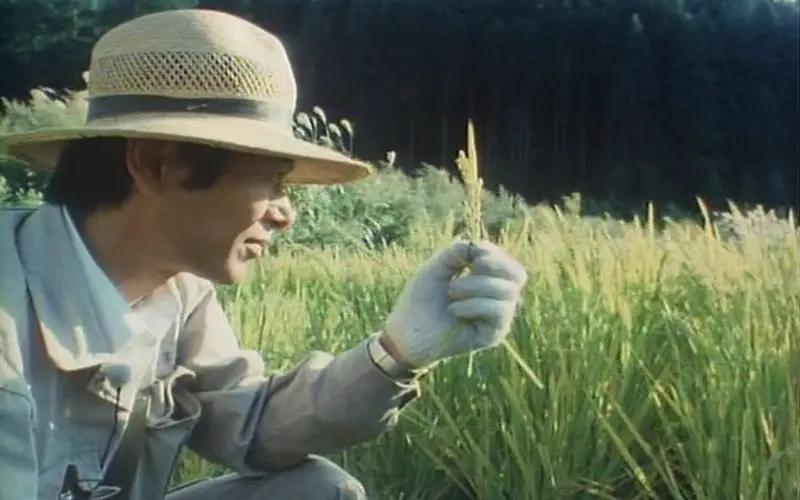
7. Without Memory
Without Memory is a Japanese documentary film directed by Hirokazu Koreeda, released in 1996. This documentary is the story of a man who developed a condition called Wernicke’s Encephalopathy, where the patient cannot create a new memory. He developed this condition after a malpractice in a simple abdominal surgery. He now has to live with this condition and function in his daily life. It shows how he and his family struggle to get proper treatment and try to live normally. This documentary is heart-wrenching to watch, and you will not be able to stop the tears rolling down your eyes.
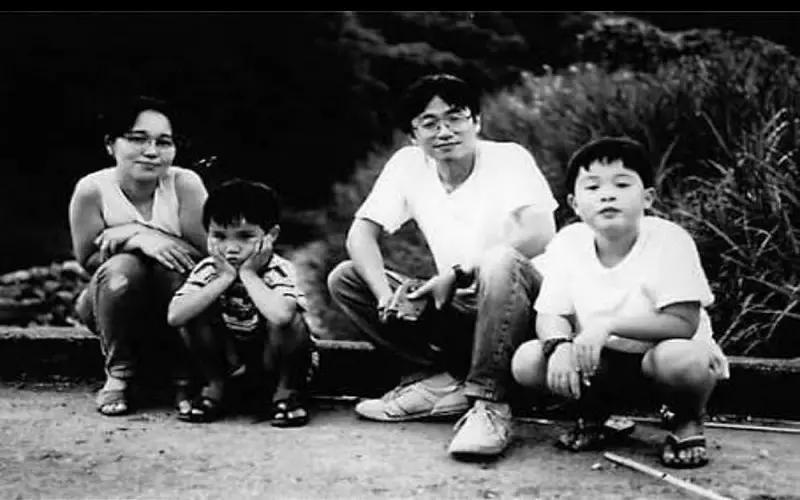
8. A
A is a Japanese documentary film directed by Tatsuya Mori, released in 1998. The documentary shows the arrest of the leaders of Aum Shinrikyo, a new Japanese religious cult founded by Shoko Asahara. This cult was responsible for the sarin gas attack on the Tokyo subway in 1995. The documentary film stars a 28-year-old troubled man, Hiroshi Akari, who was the spokesperson of the cult. Tatsuya Mori had access to the main office of the Aum Shinrikyo for a year as the media were left out. This is why the documentary has a unique insight into the working environment of the cult. He also released the sequel of the documentary named A2 in 2001.

9. Campaign
Campaign is a Japanese political documentary film directed by Kazuhiro Soda, a critically acclaimed director. This documentary was released in 2007. This film shows the election campaign and process in Kawasaki, Japan. It shows the true nature of the politics in election process. It raises the question that a candidate with no political experience can win an election if he is backed by the prime minister and his liberal party.
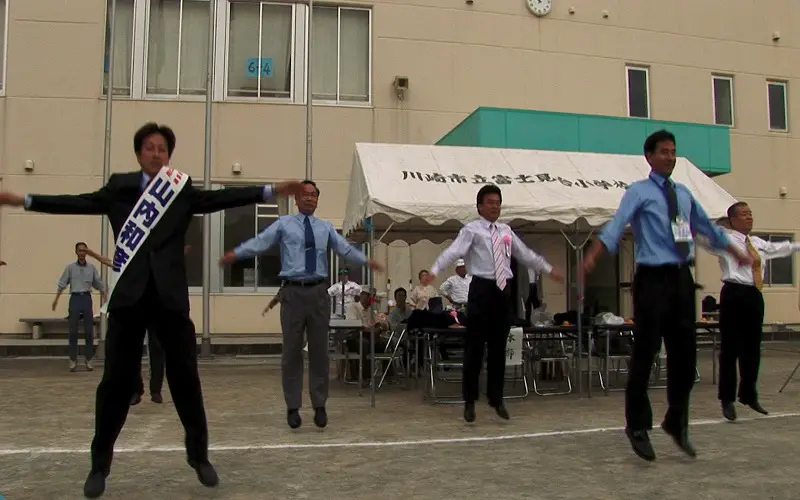
10. Thus A Noise Speaks
Thus Noise Speakes is a Japanese self-documentary film directed by Kaori Oda released in 2010. This documentary shows the story of Kaori Oda when she came back to her home after studying abroad and came out to her family as a homosexual. Her parents’ response was a negative one. The documentary focuses on her journey and situations after she came out as homosexual.
